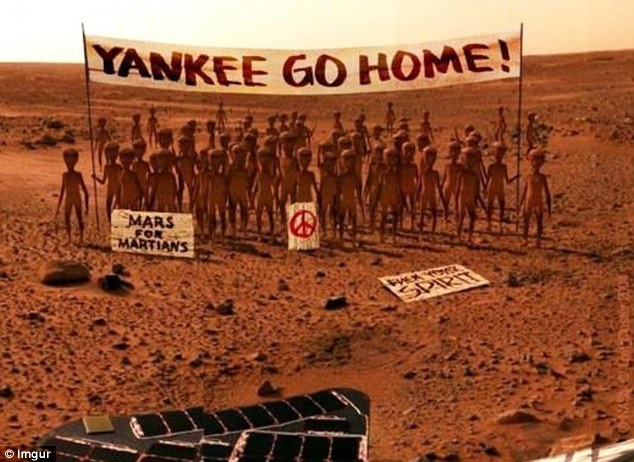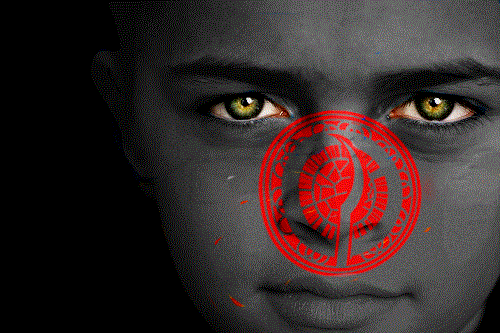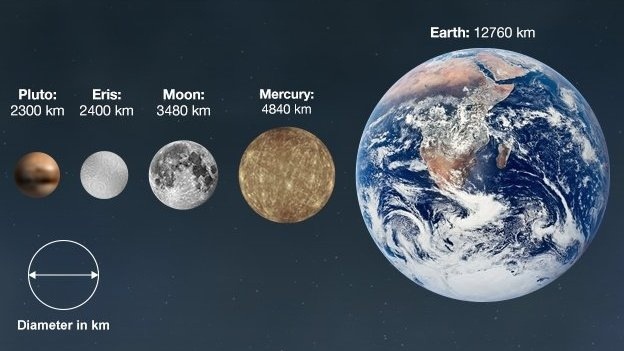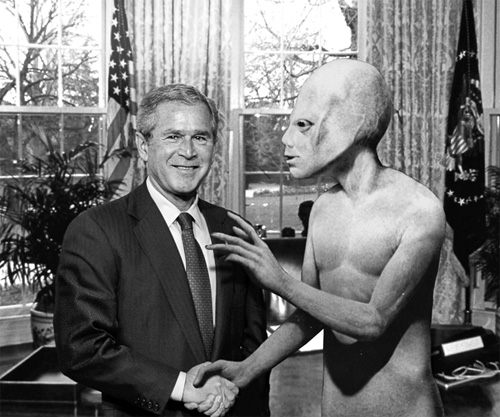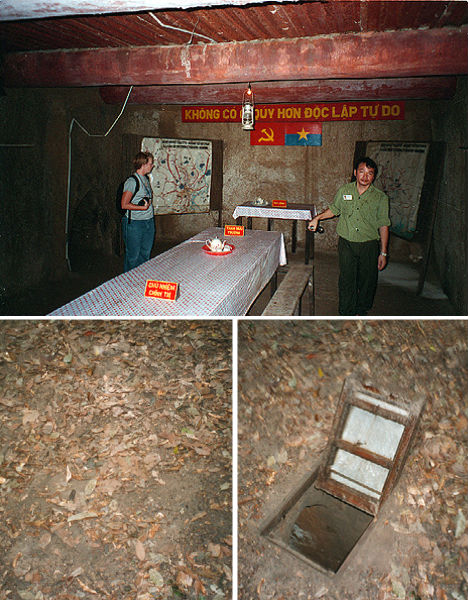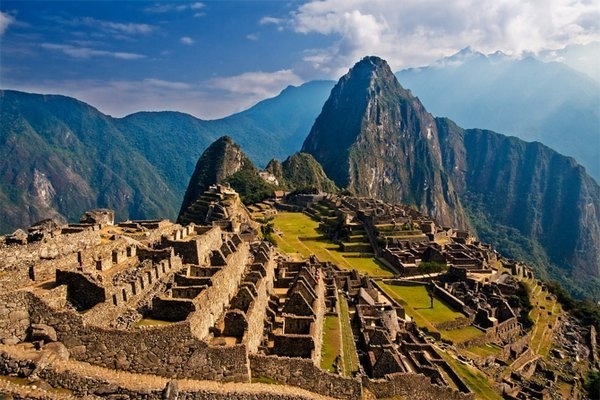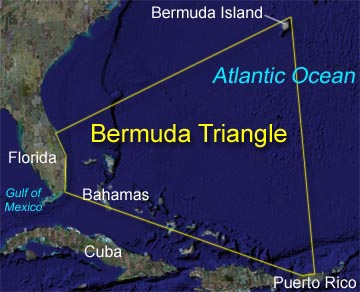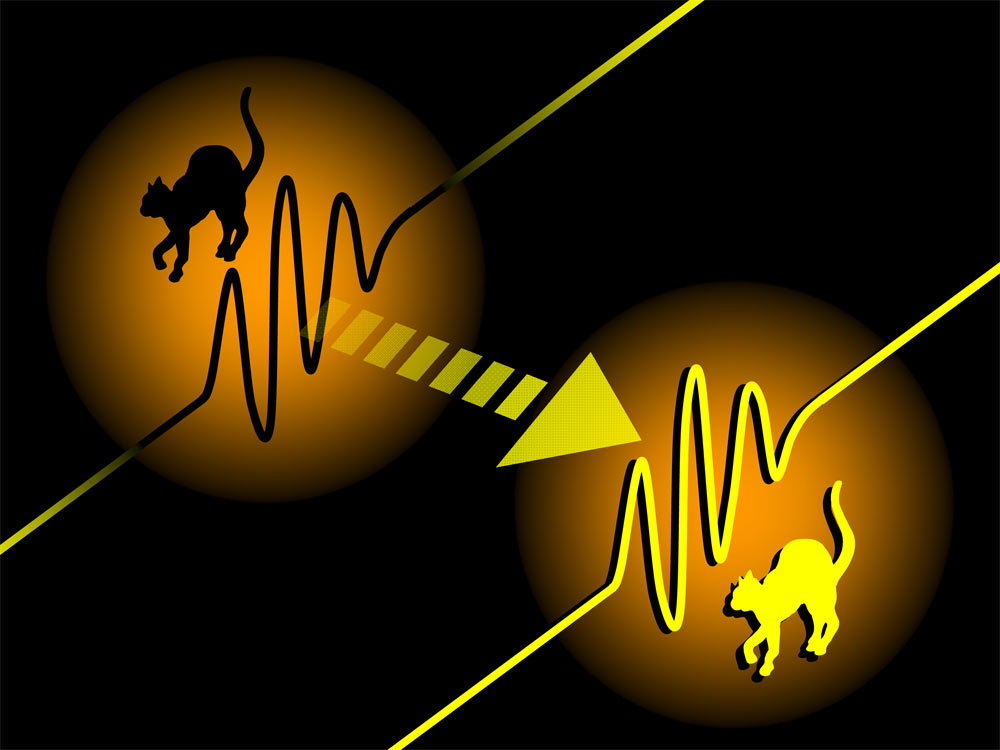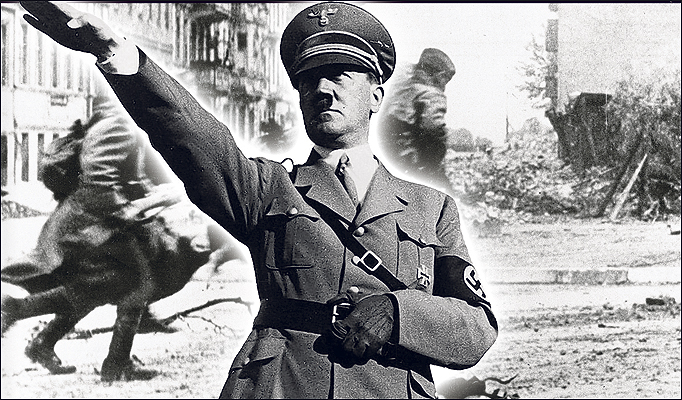
Tales and stories have started to surface over the last 10 years that Adolf Hitler did actually escape from Berlin, and resumed life in the South America as Father Krespi. But what evidence really exisits that Father Krespi was Hitler?
In 1993, Father Krespi died, reportedly at the age of 90. More than 2000 people attended his funeral, which was marked with ceremony rivaling that of a King. He was laid to rest in a white marble sepulcher, which is still reported to be cleaned weekly, and adorned with flowers constantly, all paid for by anonymous admirers.
After his passing, some interesting things were discovered about him. He left behind millions of dollars worth of artwork. Local Germans and others later identified much of this artwork as belonging to the private collection of Adolph Hitler. Hitler was a known collector of art, and most of his private collection was never found after the war. Witnesses say that soon after the funeral on May 16 1993, two cargo jets were loaded with Father Krespi’s art collection and departed. It has never been seen again.
The Chief of Police for the town of Cuence reported that what he termed as “teams of European men” invaded the small town the day prior to the funeral. Several attendees of the funeral were German, and had armed escorts.
Is it possible that the most evil man in the history of the world escaped justice and posed as a man of God for 40 years?
How is this possible?
It is known that during the last year of the war, Hitler’s medical records were destroyed, and all the doctors who had seen him mysteriously vanished. The single exception was a young dental assistant who was called in to assist a dentist with cleaning Hitler’s teeth two times. She was later captured by the Russian Army and made to make a drawing of Hitler’s teeth so the Russians could match the charred remains they found in the Berlin bunker with her drawing since no authentic dental records could be found. After days of torture, she still had only a vague memory of the actual teeth of Hitler, but the Russians decided that it was a match. Stalin was never convinced but could not allow the world to think that Hitler had escaped the Russian Army.
In 1981, a retired US Army Colonel named Wendell Stephens made a trip to Ecuador. During his trip, he met a priest in a small town called Cuenca. The priest was named Father Krespi, and Col. Stephens was convinced he was in fact Adolph Hitler. He could not get people to listen to his claims that this priest was in fact Hitler. He examined thousands of Hitler photos, and was more and more concerned he has found Hitler. He even described priceless artwork that Father Krespi had in his secluded home in the mountains of Ecuador. But nobody would listen to his claims.
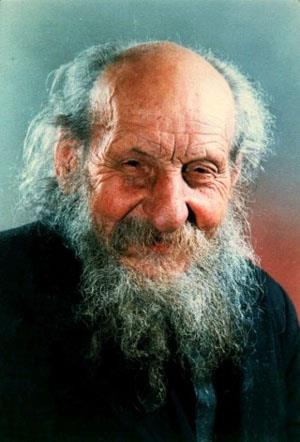
Father Who?
Father Krespi’s background is also mysterious. Krespi claimed he was from an Italian/Austrian family in Northern Italy. He came to the Vatican in fall of 1943. There, he attended seminary and served as a Novitiate. Later, he was ordained into the priesthood. All this was behind the closed walls of the Vatican. Unheard at the time, and has never been repeated since. He never set foot outside of Vatican City, a city with the status and diplomatic immunity of a sovereign nation. Krespi was given a position as Curator of Art for the Vatican Achieves, a position far above his humble rank as Novitiate.
His position made him responsible for cataloging a collection of art worth billions of dollars. He would also have been in a position to receive priceless art collections, similar to those that had been looted by the Nazis and somehow fell into the hands of the Vatican after the war.
In 1956, Krespi was sent as a priest to the town of Cuence in Ecuador. A town known to Nazis Hunters as a hideout of Martin Borman and other high level Nazis that had escaped Germany. There, he lived a reclusive life as village priest and reportedly gave money to every member of his congregation at the conclusion of services. He also reportedly paid the villagers to protect his mission. Villagers say German men often visited him.
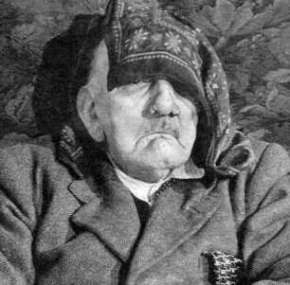
Originally posted 2016-03-13 16:28:19. Republished by Blog Post Promoter

![Hitlers-Escape1[1]](https://coolinterestingnews.com/wp-content/uploads/2012/07/hitlers-escape11.jpg)
